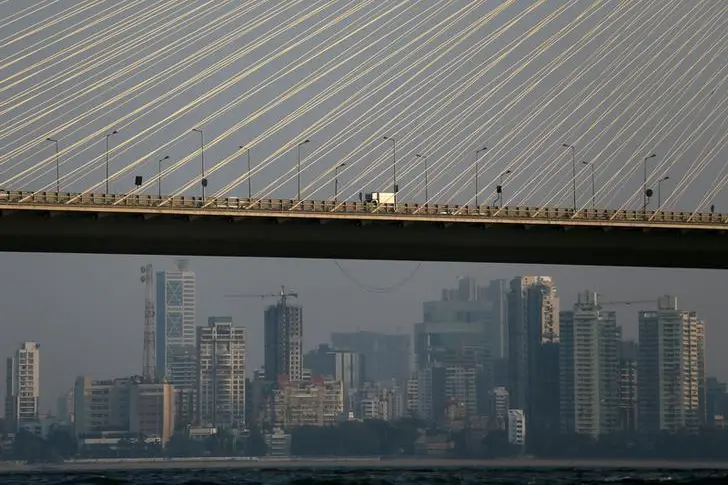PHOTO
NEW DELHI - India's federal government plans to set up a panel for faster resolution of state-owned companies' land disputes, two government officials with direct knowledge of the matter said on Thursday.
The move, part of a renewed push by Prime Minister Narendra Modi's administration to slim down the public sector, would help the government monetise unused land to minimise losses at state-run companies and help them raise funds.
Land is a state subject in India, with both the Parliament and state assemblies able to write laws around certain land rights. As a result, land disputes often end up tangled in a web of bureaucracy.
The panel's objectives will include negotiating with state governments on disputes for freehold land and deciding on compensation, among others, one of the government officials said.
The officials did not want to be identified as they are not authorised to speak to the media.
“Some state governments also use the land owned by federal government-run companies. This panel can explore seeking alternate land from the state governments for such companies,” the first official said.
The panel will be chaired by a top central government bureaucrat, he added.
In March 2022, the government set up the National Land Monetization Corp (NLMC) to monetise surplus land and building assets of state-owned companies and other government agencies.
Once disputes are resolved, the NLMC would step in to facilitate sales, the first official said.
State-run firms had identified around 14 million square metres of land for monetisation in March 2022, according to data shared by the government in response to a question in the Parliament. However, NLMC is yet to sell any land assets.
India's Finance Ministry, which oversees the NLMC, did not respond to Reuters' email seeking comment.
In November, the Indian government asked public-sector firms to consider moving the country's insolvency court to shut loss-making units, while demerging the units' land assets to ensure that land disputes did not hamper the process.
(Reporting by Nikunj Ohri; Editing by Janane Venkatraman)





















